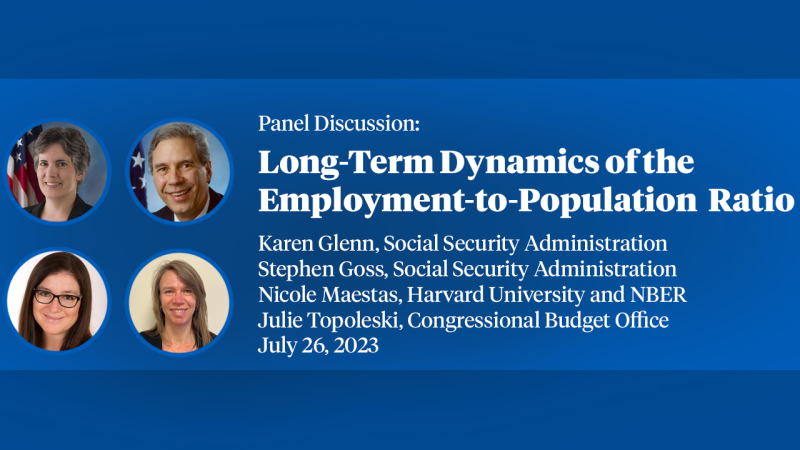Birth Order and Student Performance
...mothers with two children were almost 8 percent less likely to say that their second child was one of the best in his class.
Does birth order correlate with student performance, and if so, why? In Strategic Parenting, Birth Order and School Performance (NBER Working Paper No. 19542), V. Joseph Hotz and Juan Pantano present both empirical and theoretical evidence on these questions. They study all children born to the female respondents in the 1979 National Longitudinal Survey of Youth in families of two, three, or four children.
They find that birth order affects perceived academic performance for 10- to 14-year-olds. On average, mothers with two children were almost 8 percent less likely to say that their second child was one of the best in his class. Earlier-born children also had higher scores on the Peabody Individual Achievement Test and the Peabody Picture Vocabulary Test at age ten. The effects of birth order persisted for second children even when the sample was restricted to "intact" families in which children's performance had not been affected by divorce or other family disruptions.
The evidence suggests that earlier-born siblings are more likely to be "subject to rules about TV watching and to face more intense parental monitoring regarding homework" and that "mothers are more likely to report that they would increase the supervision of one of their children in the event that child brought home a worse than expected report card when the child in question was one of her earlier-born children."
The authors draw on game-theoretic models that emphasize reputational concerns in an attempt to explain the correlation between birth order and children's school performance. They conjecture that earlier-born siblings will put forth more effort in school and end up performing better because parents are more likely to set higher standards for earlier-born children and to impose consequences for poor performance. The study concludes that "parental reputation dynamics may explain part of the observed birth order effects in school performance."
--Linda Gorman


